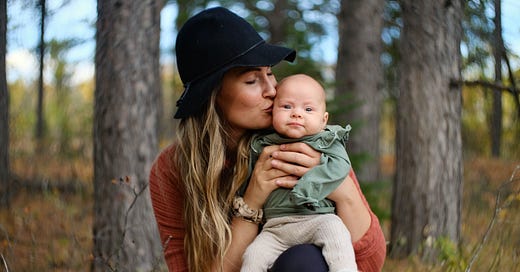Why Parents Don’t Have the Monopoly on Empathy
“You don’t need to have experienced motherhood to be any kind of compassionate, self-sacrificing, emotionally literate human being”

How do you know if someone has children? Simple, they will find a way of bringing them into the conversation. This is understandable; parents are proud and besotted with their little ones.
I love seeing people beam with joy when talking about their children.
I watch from the sidelines as some parents use their parental status to raise their social status, and it feels icky
I have listened to in-person and online conversations where some parents have insinuated that their status as parents has earned them a VIP ticket to a utopia of empathetic righteousness.
Yet, according to this article, scientists have limited information in relation to how having children affects our empathy.
For childfree and childless people there are three little words which, when used together, have a dismissive, suppressive, and shrinking effect. These three little words are used to prefix many sentences. Yes, some situations merit using these words, but most don’t.
As a parent …
…




